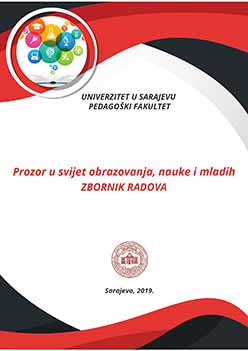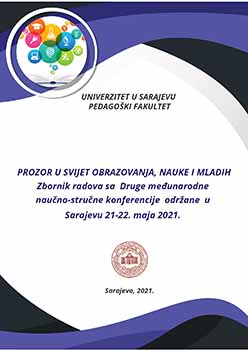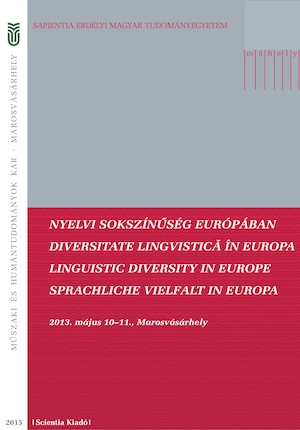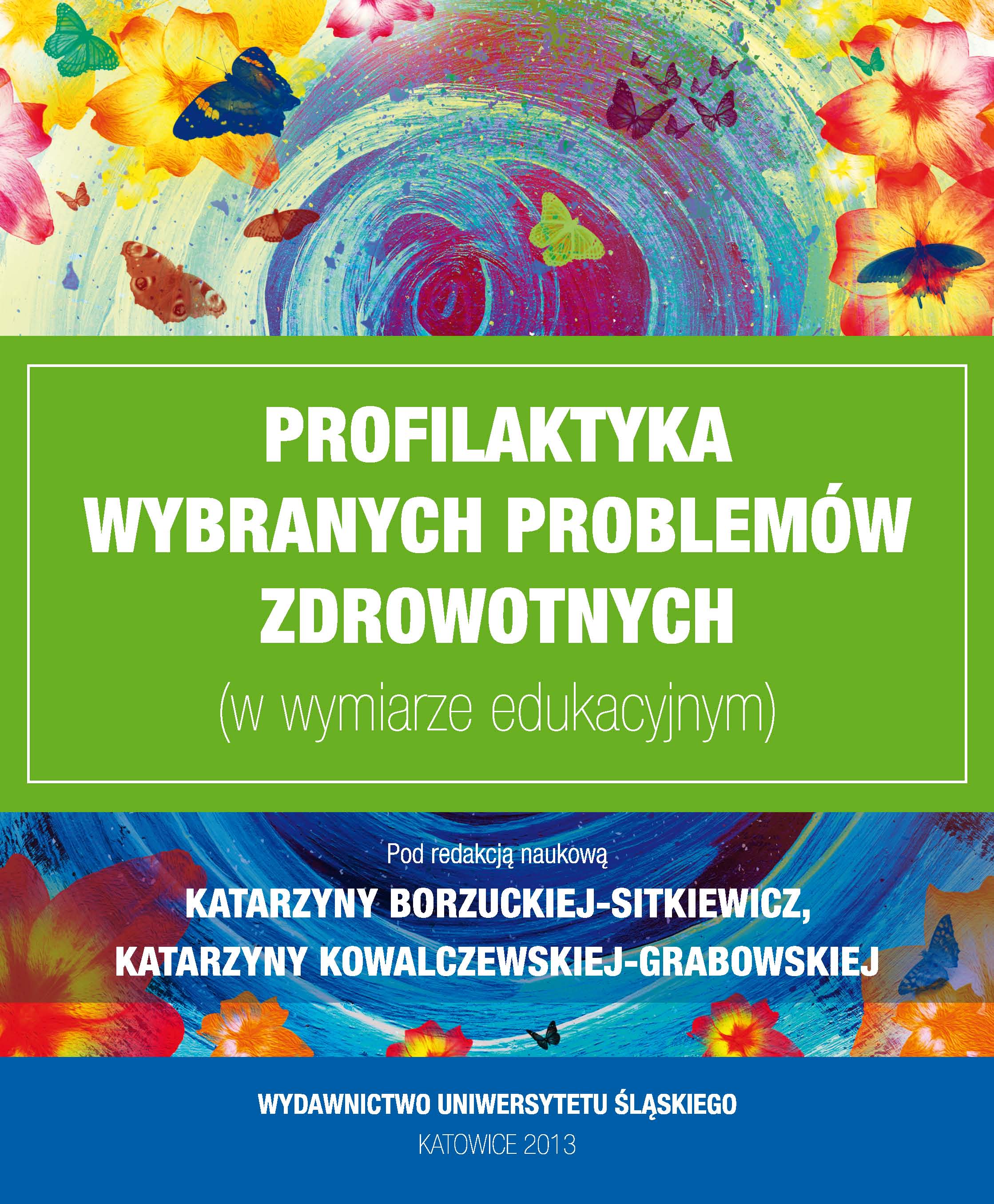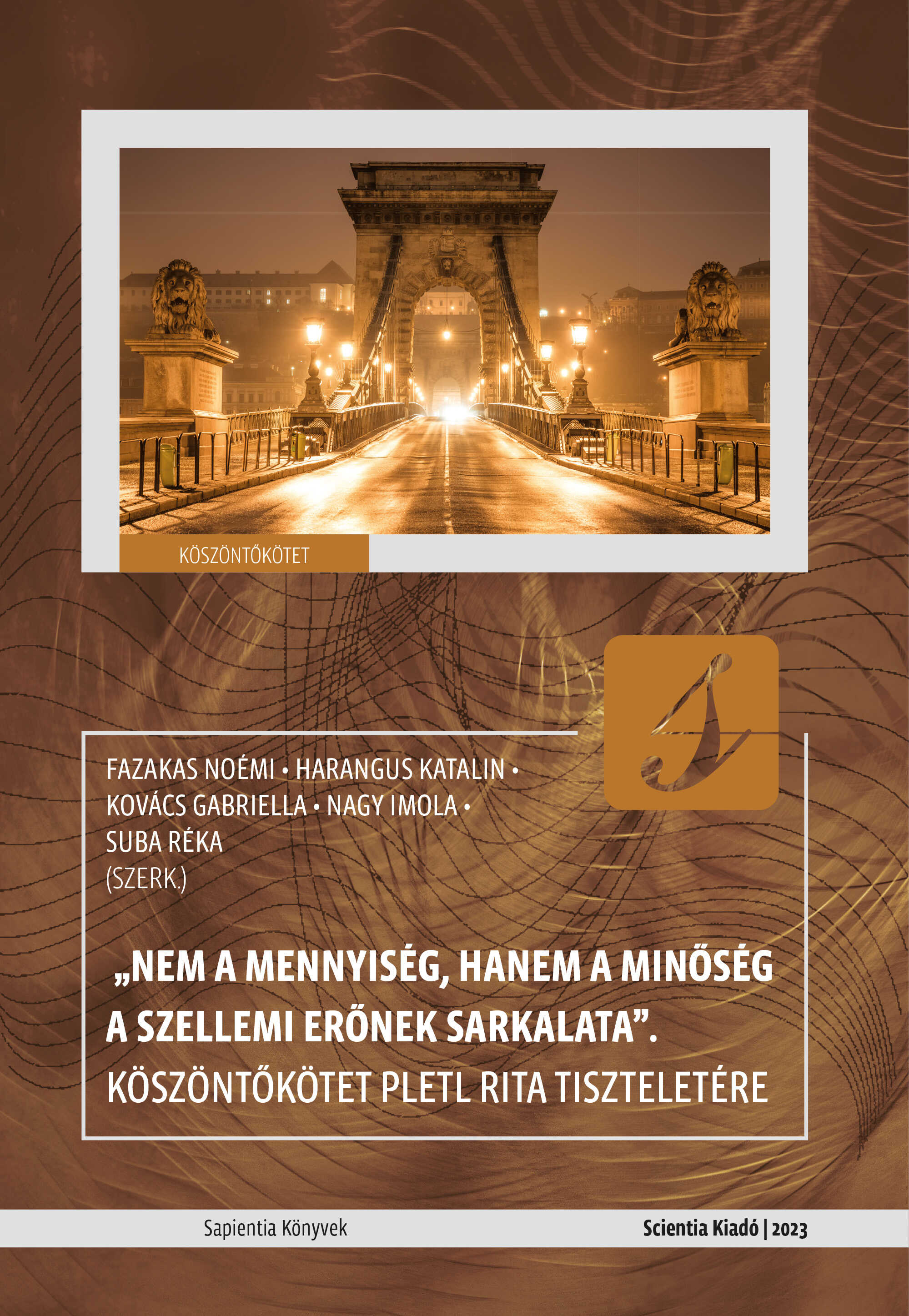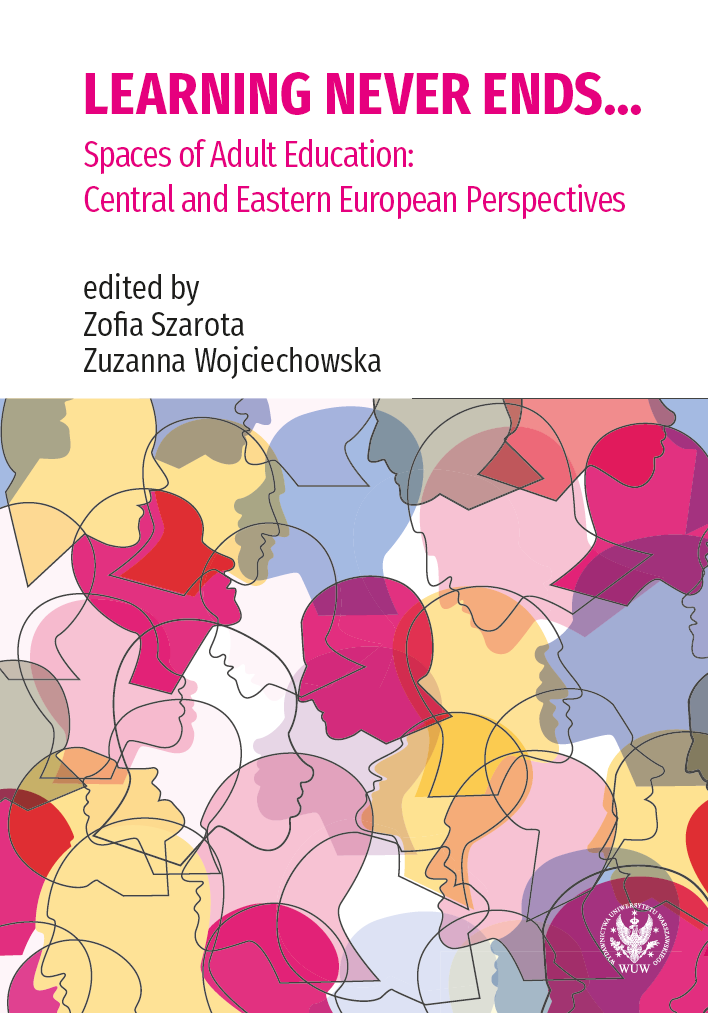
SEMAPHORES IN UNIVERSITY SPACE(S): AN (AUTO)ETHNOGRAPHIC STUDY
Gaining importance in the face of actions currently being undertaken in countries including Poland in the area of what is termed the active policy of memory, research is being dedicated to commemoration that can help in discovering the specific nature and direction of the development of collective (non)memory frameworks within which individual memory, the basis for creating one’s own identity, is constructed. In this chapter, reference is made to semaphores related to the past of Stockholm University, i.e. objects that a given community recognises as carriers of meanings and values that combine a semiotic dimension with a material dimension, therefore objects that should act as sites of memory by definition. The chapter presents the results of the analysis and interpretation of data collected through (auto) observation and searching in secondary sources, focused around questions such as: What is the nature of semaphores located at Stockholm University? What is the importance of sites of memory in the university’s architectural, social, cultural and educational spaces? Addressing these topics permits conclusions – including e.g that Swedish university memory is dominated by men – which have educational implications.
More...
